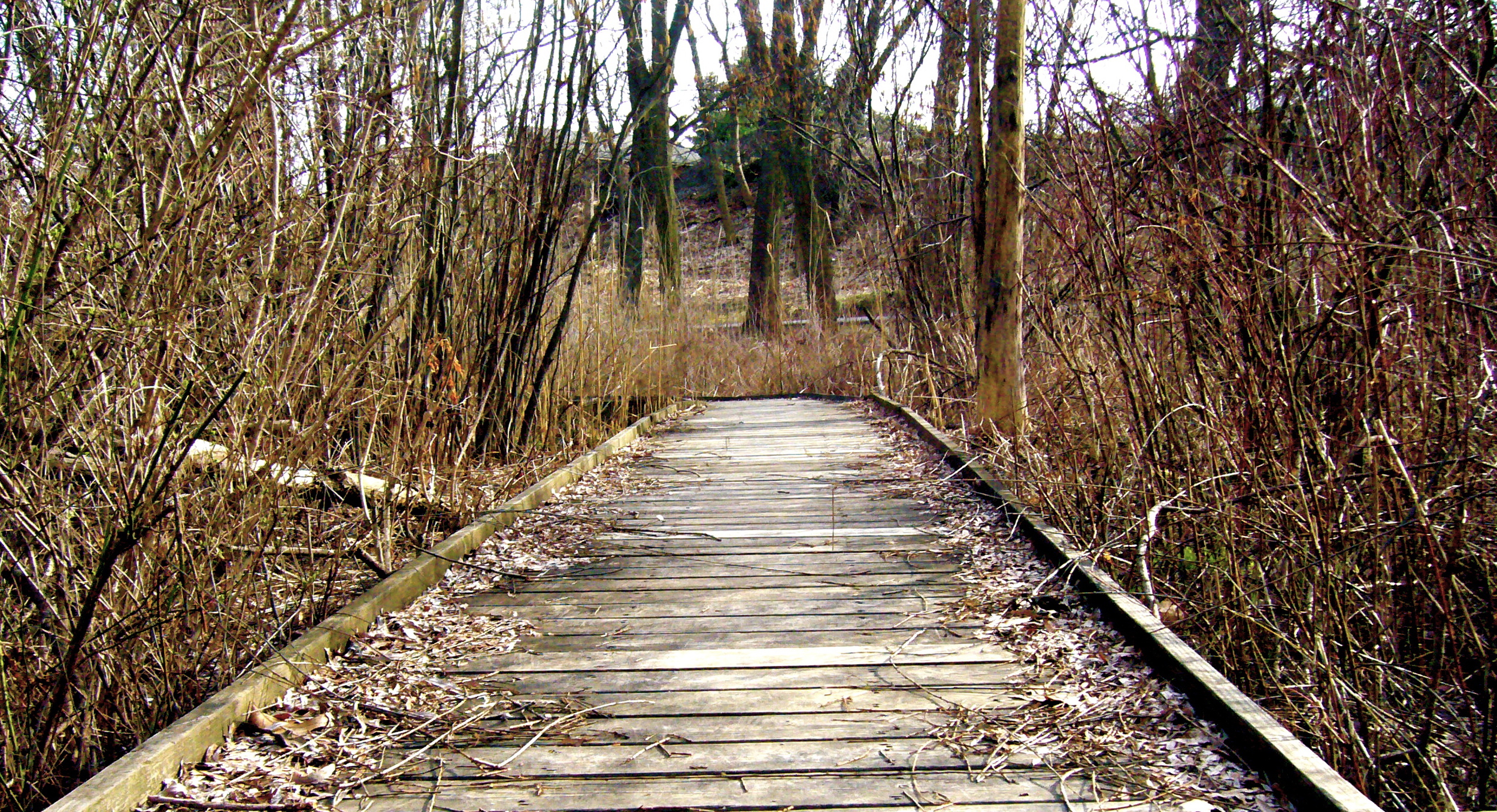 How happy are you? Could you be happier if you tried?
How happy are you? Could you be happier if you tried?
Is it selfish to want to try?
While on vacation in the happiest country on earth, I read Gretchen Rubin's thoroughly absorbing (and now bestselling) meditation on these questions, The Happiness Project. Armed with research that about about 30-40% of our happiness is actually within our control (50% of happiness is pre-determined by genetics, another 10 - 20% by life circumstance) Rubin takes us along, month-by-month, on her one year quest to maximize her own sense of well-being.
The book is fun to read; it's also a treasure chest of useful tips, ideas, and frameworks for thinking about one's own happiness. Rubin's articulation of the four stages of happiness - anticipate, savor, express, reflect - resonated as spot-on as I happily splashed about in the Pacific Ocean. Her experiment with enacting a "week of extreme nice" is particularly amusing, if daunting. Throughout, as she tries on the advice of philosophers, parenting experts, and self-help gurus (often to comic effect), Rubin's cardinal rule, "Be Gretchen," ensures that she remains grounded in what she knows to be true about herself.
But isn't all this focus on personal happiness kind of... selfish? Rubin addresses this question at length, and points to research that indicates that happier people are more likely to engage with the world and help others. In Rubin's words,
"One of the best ways to make yourself happy is to make other people happy; One of the best ways to make other people happy is to be happy yourself."
I would go further and say that personal happiness is key to our ability to make change in the world. For folks who feel called to create a more happy, sustainable, and balanced world, ignoring your own personal happiness, sustainability, and balance will limit your ability to act as effectively as you could.
Happy, self-aware change leaders create healthier organizations and more thoughtful social change movements. When we fail to pay attention to our own happiness -- an all too common phenomenon in the social justice field -- the results are burnout, frustration, and organizational dysfunction.
Gretchen Rubin's book is a great reminder that in order to change the world, we must change ourselves first. How many unhappy leaders do you know, and how much more powerfully could they lead if they were leading from a happier place?






